A customized diet plan is a personalized nutritional strategy tailored to meet your specific health needs, goals, lifestyle, and preferences. It is designed by a professional nutritionist or dietitian who considers various factors such as your age, gender, weight, height, medical history, physical activity level, dietary restrictions, and personal preferences.
Components:
- Personal Assessment:
- Initial Consultation: A thorough discussion about your health goals, dietary habits, lifestyle, medical history, and any specific nutritional needs or restrictions.
- Body Composition Analysis: Measurements such as weight, height, BMI, body fat percentage, and muscle mass to understand your current physical condition.
- Nutritional Deficiencies: Identification of any potential deficiencies through dietary recall or blood tests.
- Goal Setting:
- Short-Term Goals: Achievable targets set for a few weeks to a few months, such as weight loss, muscle gain, or improved energy levels.
- Long-Term Goals: Sustainable objectives aimed at maintaining overall health and well-being over time.
- Meal Planning:
- Balanced Meals: Inclusion of all essential nutrients such as carbohydrates, proteins, fats, vitamins, and minerals.
- Caloric Intake: Calculation of daily caloric needs based on your goals and activity level.
- Meal Frequency: Recommendations on how often to eat, whether it’s three main meals a day or multiple smaller meals.
- Portion Control: Guidance on appropriate portion sizes to avoid overeating.
- Dietary Preferences:
- Food Preferences: Incorporation of your favorite foods while ensuring nutritional balance.
- Dietary Restrictions: Consideration of any food allergies, intolerances, or cultural/religious dietary restrictions.
- Lifestyle Considerations:
- Physical Activity: Integration of your exercise routine with your diet to maximize results.
- Work Schedule: Customization based on your work hours, travel schedule, and daily routine.
- Monitoring and Support:
- Regular Check-Ins: Periodic follow-ups to track progress, make adjustments, and provide motivation.
- Nutritional Education: Information and tips on healthy eating habits, grocery shopping, and meal preparation.
- Support System: Access to a support network, including your nutritionist, online resources, or support groups.
Benefits:
- Personalization: Tailored to fit your unique needs and preferences.
- Improved Health: Helps in managing weight, improving energy levels, and preventing chronic diseases.
- Sustainable: Focuses on long-term health and wellness rather than quick fixes.
- Empowerment: Educates you on making healthier food choices and understanding your body’s nutritional needs.
Conclusion: A customized diet plan is a comprehensive approach to achieving and maintaining optimal health. By considering your individual needs and preferences, it provides a practical and sustainable way to improve your dietary habits and overall well-being.


160 reviews for Customized Diet Plan